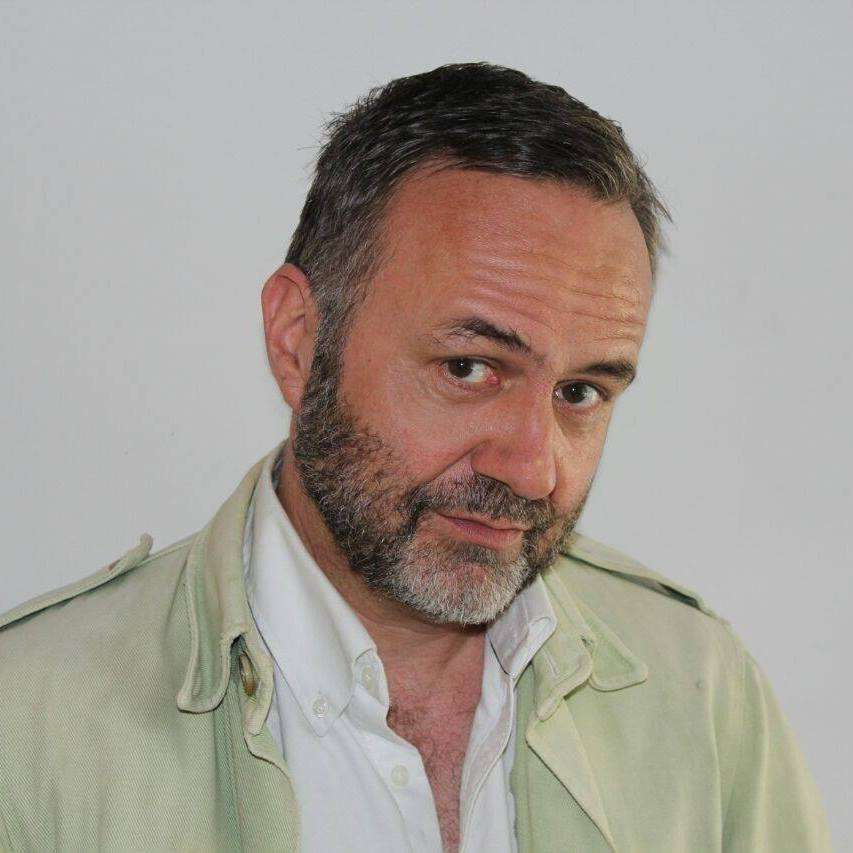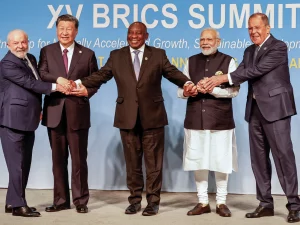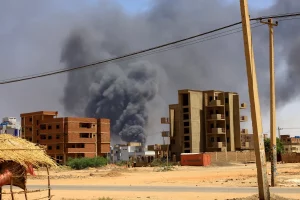Martin Jay: Biden’s smoke and mirrors with Algeria & Morocco

August is a month which found most government officials in Rabat on holiday away from the capital and its woes. But for those who had to man the ministries, much confusion hung in the air within the foreign affairs ministry itself when it pondered Morocco’s relations with its oldest ally, America.
The pinnacle moment of excitement came between Israel and Morocco when the former finally acknowledged Rabat’s claim to Western Sahara, the disputed region in the south of Morocco which was originally a colony of Spain until 1975 when Madrid effectively abandoned it.
And yet there were no fireworks, no great jubilation from Rabat despite the huge significance of the move. Morocco’s elite are sceptical about Israel’s move, especially given that Israel has still yet to set up a consulate in Western Sahara itself. The reason why they have stalled is not clear but we have to take a look at the bigger picture of what the recognition was all about in the first place and the reasons behind it. According to the leading analyst Sami Hamdi, writing for Maghrebi.org, all along the Moroccans believed that if they ramped up relations with Israel, their payback would be access to Congress in the U.S. via Israeli leading figures. That access, they hoped, would fast track a new initiative with the UN for Western Sahara to be given its official recognition – a dream of the King of Morocco and many people in the country itself. But the Israelis knew that this wouldn’t work and so dragged their feet, hoping a new turn of events could be exploited. In the event, according to Hamdi, the Israelis sensed that the Moroccans were growing tired of the games and were even considering pulling out of the normalisation deal altogether – prompting Tel Aviv to go ahead with the recognition just to keep Rabat happy.
But the Moroccans are not stupid. They know they have been tricked by Israel and now the best Rabat can hope for is that if Israel goes ahead and builds a consulate in Western Sahara its significance will only mean something if the Biden administration follows the initiative itself.
However, this is looking unlikely. When we examine Biden’s movements and ideas about Morocco and Algeria – with the Sahara at the heart of it all – we see that his views about how to reduce tensions are based on his obsession with Trump. He cannot go ahead with supporting any hardball initiative that Rabat and Israel might have been hoping for in terms of beefing up Morocco’s military; instead, we have seen in recent weeks, him gravitate towards a much more softly-softly approach in dealing with Algeria. Recent visits by Anthony Blinken, which resulted in Algiers saying it was “satisfied” with the U.S. position on Western Sahara and where Morocco has found itself leave no doubt that Algeria is being wooed as a new ally in the region both for its energy reserves and geopolitics. The old adage of bringing your enemies closer, seems to be the Biden administration’s view on how to tackle Algiers.
For the Rabat elite, this is extremely frustrating as it doesn’t advance the Sahara dossier and only creates an atmosphere of resentment towards the Biden camp, leaving the Moroccans in the same boat as most GCC countries who are literally counting the days before they hope Trump will come back and some sort of order can be restored.
READ: Algeria bans Barbie film, nearly a month after showing in cinemas
But it’s not all bad news. A certain high testosterone attitude from Rabat is some concern with even some of its acolytes calling for the palace to consider buying 90 million dollar F-35 jets as a counter measure to Algiers’ wild spending spree on military hardware. The idea, a somewhat ludicrous one which hasn’t been thought out at all, would only up the stakes in an arms race if it were ever to get off the drawing board and make Biden’s balancing act between Rabat and Algiers even harder to pull off. The Moroccans may not like Biden’s diplomacy with their arch foe, but it’s one which is reducing tensions between the two countries and keeping the peace. The Algerians, on their part, aren’t going to jump through hoops though to show they are a serious player through diplomacy, as the Moroccan King recently found when he offered an olive branch in a recent speech. Nothing came back. But as long as the Americans have a respectful and fortuitous dialogue with Algiers, peace rather than conflict on the continent can be assured whether it be in Western Sahara or in Niger where Algiers has hinted it would involve itself if western-aligned African countries decide to intervene. With the two-year anniversary of the fiasco of America’s retreat from Afghanistan still fresh in the minds of many analysts, it’s hard to find too many initiatives by Biden on the foreign policy circuit which can be deemed smart moves. The Moroccans should be more grateful for small mercies.
The author is an award winning journalist based in Morocco, working for a number of international titles while also the editor in chief of Maghrebi.org. He can be followed on twitter at @MartinRJay This article was originally published by Strategic Culture Foundation.












